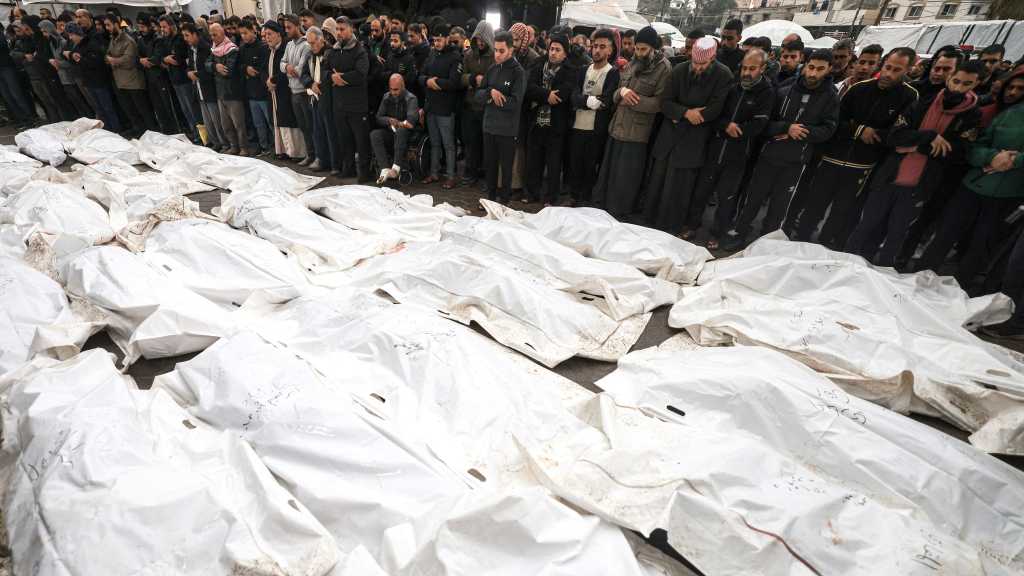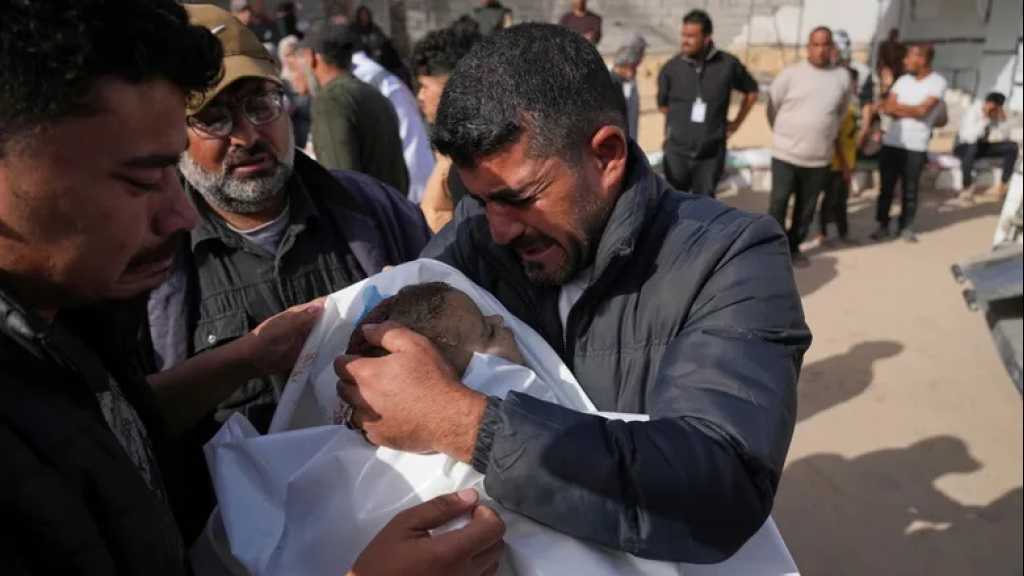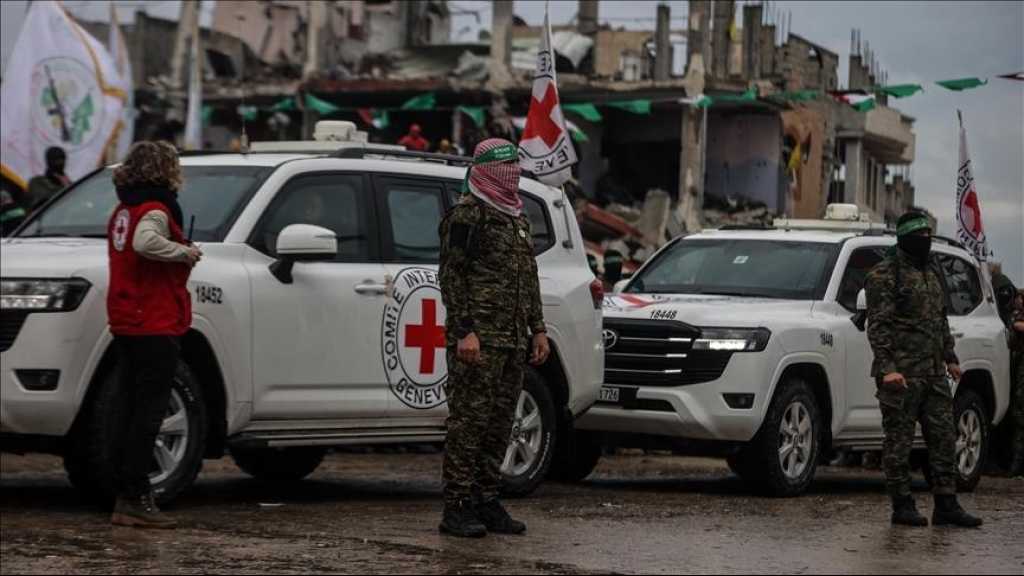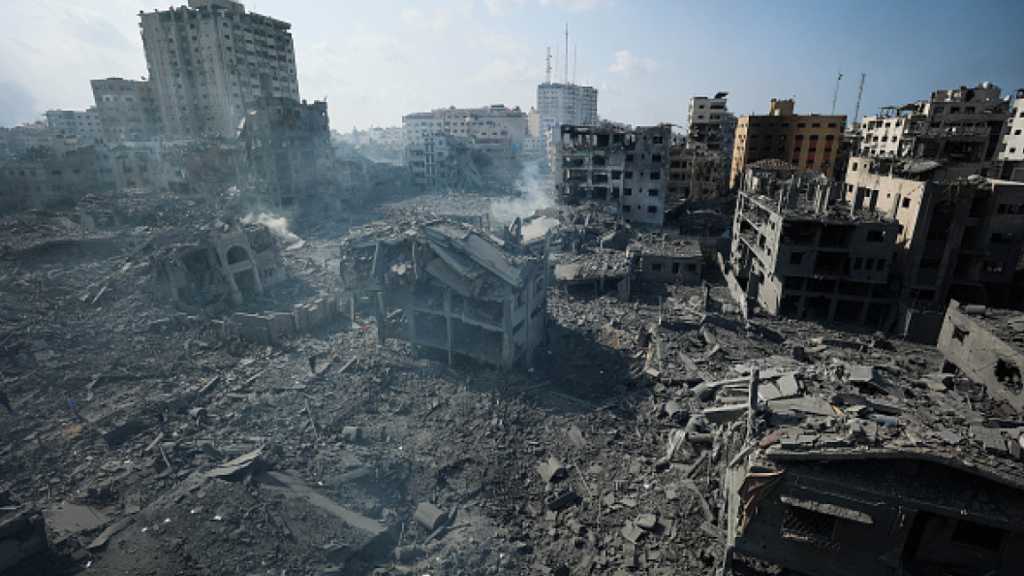New Study Puts True Death Toll in Gaza at Around 100K!

By Staff, Agencies
A new study suggests that up to 109,000 people have been martyred since the start of "Israel's" genocidal campaign across the besieged Gaza Strip in October 2023.
The study published in The Lancet reviewed hospital records, online civilian death submissions, and an independently compiled list based on social media obituaries and death announcements.
By comparing the three lists, researchers concluded that the number of people martyred in Gaza was significantly higher than the figure reported by authorities in the besieged Palestinian region.
The study estimates that the real death toll could be 46–107% higher than reported, meaning that between 77,000 and 109,000 people have martyred in "Israeli" attacks. Based on current numbers, that is the equivalent of between 4% and 5% of Gaza’s pre-war population.
"Israel" describes all those martyred in Gaza as “fighters,” even as most of them are women and children.
The latest figures by the Gaza Health Ministry stated that "Israel" has claimed lives of 52,787 Palestinians in Gaza, stressing that it could not reach or register many martyrs, who are either under the rubble or in areas that "Israeli" forces continue to target.
The ministry’s data are compiled from hospitals across Gaza and an online form that allows families to report martyrs, often in areas inaccessible due to continued attacks.
The findings cast new light on the underreported death toll in Gaza, especially amid ongoing "Israeli" destruction of health infrastructure and communication networks that further hinder accurate documentation.
Additionally, fatalities caused indirectly by the war, such as from the collapse of medical services, may not be fully represented.
The researchers concluded that a definitive count of how many have martyred in this war will be difficult, even after it ends, and that may still be a long way off.
Figures show that 90 percent of Gaza's current population of 2.1 million people has been displaced, lacking access to sufficient shelter, food, life-saving medical services, clean water, education, and livelihoods.
Comments
- Related News



